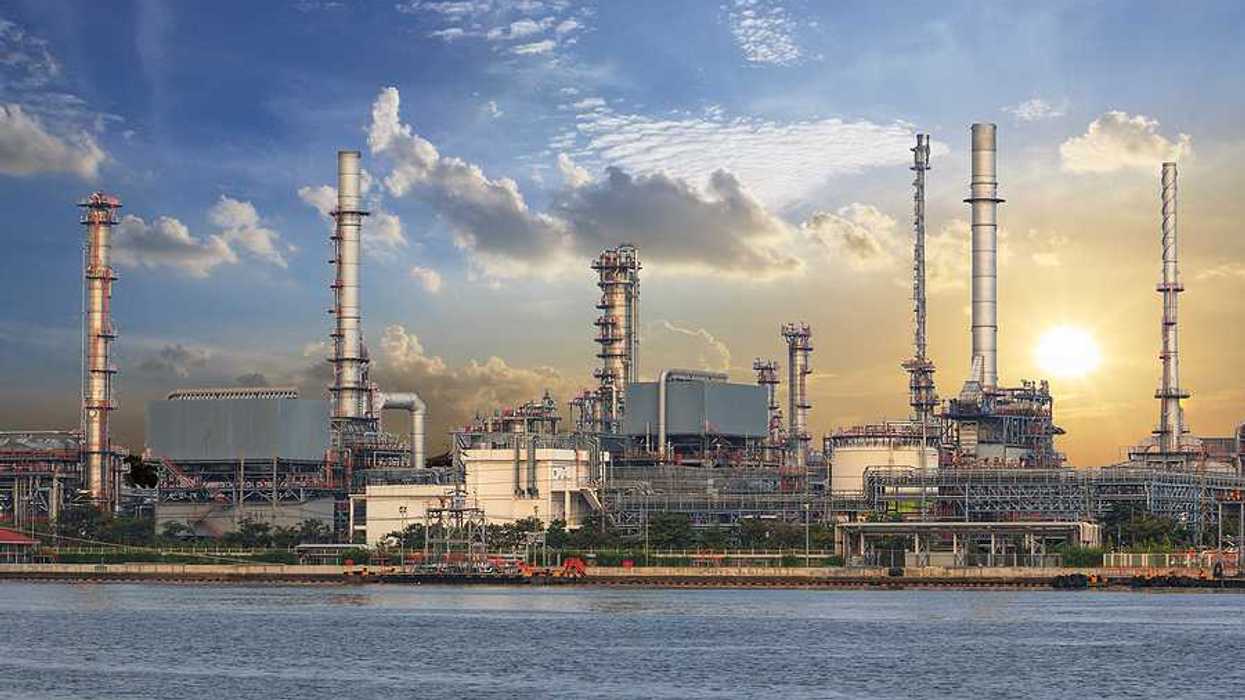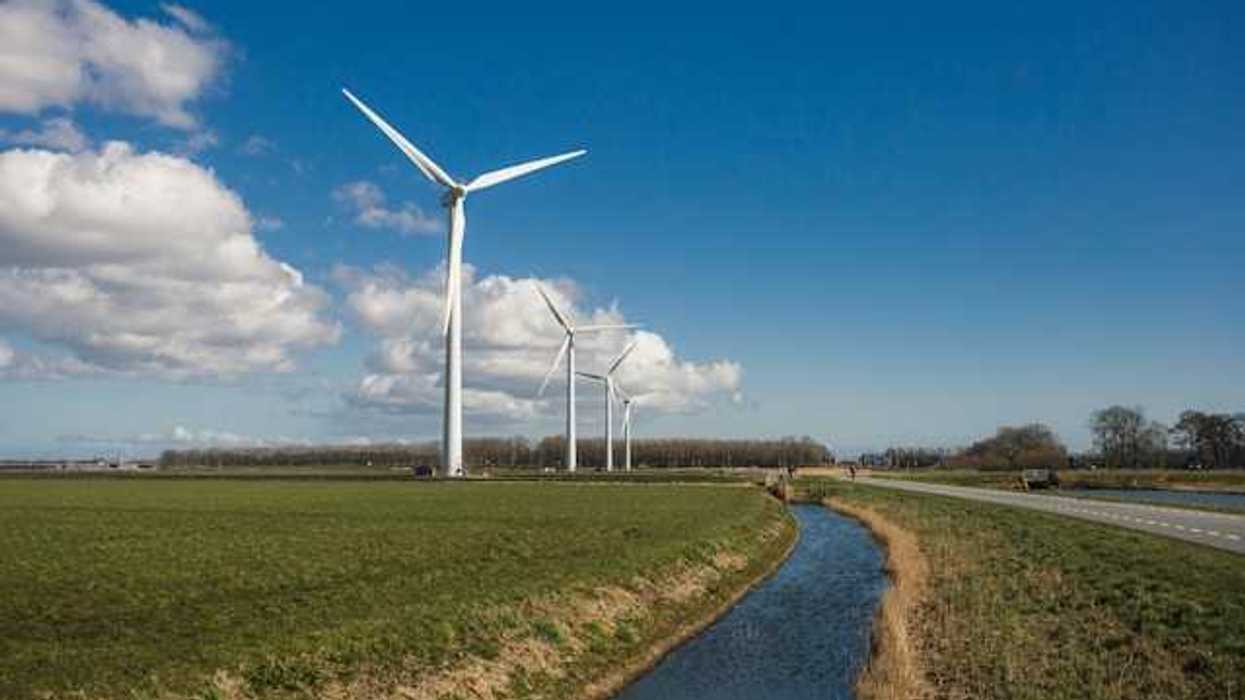A leak in the Keystone oil pipeline has spilled 3,500 barrels of crude in North Dakota, marking the 23rd spill in its 15-year history.
Josh Funk reports for The Associated Press.
In short:
- The Keystone oil pipeline, built in 2010 by TC Energy and now operated by South Bow, leaked again Tuesday, releasing 3,500 barrels of oil in North Dakota.
- The pipeline has had 23 total spills, including a 2022 rupture in Kansas that was the largest U.S. onshore oil spill in nearly a decade.
- Investigators blame many of the spills on flawed construction, poor welds, and original design issues identified in government and safety agency reports.
Key quote:
“Keystone’s incident history illustrates the problematic pipeline’s systemic issues.”
— Bill Caram, executive director of the Pipeline Safety Trust
Why this matters:
The Keystone pipeline has long been a flashpoint in the debate over fossil fuels, not just for its contribution to carbon emissions but for its persistent vulnerability to leaks — failures that have environmental and public health consequences well beyond the immediate site. Compounds like benzene, toluene, and heavy metals are released when spills occur, creating particular health risks for people living nearby. With each rupture, the pipeline reveals deeper structural issues: aging materials, regulatory blind spots, and a fundamental tension between energy infrastructure built for a carbon-heavy past and a climate reality demanding urgent transition.
Related: Peter Dykstra: Pipeline Politics














